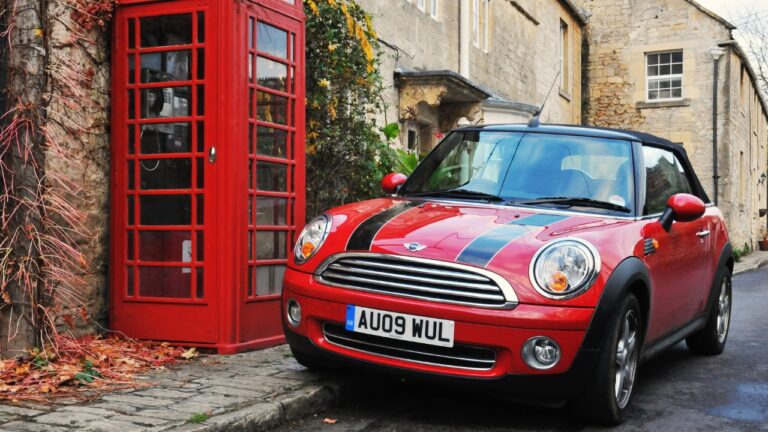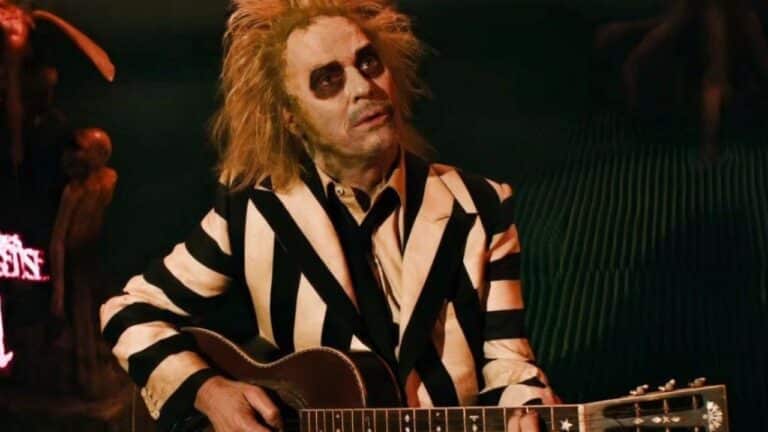11 Costly Mistakes to Avoid When You’re Paying off Credit Card Debt

Nearly half of all households have credit card debt, but that’s not even the most shocking figure. That debt totals more than $1 trillion.
It’s so easy to rack up the debt, but so difficult to pay it off. And that’s by design. Credit card companies charge astronomical interest rates, unless you have top-tier credit, and even then, you’re still paying more than you should. It makes sense then, to want to focus on paying it off, but in your quest to do so, you’re likely making some very common mistakes.
We sought out the most common mistakes identified by financial experts to help you avoid doing the same.
1. Not Having a Plan

It can be tempting to just throw money at a bill and hope for the best. After all, you’re cutting debt, right? You actually need to be a little more prepared than that.
As with everything financial, you need a plan. In addition to writing down your debts, it’s important to look at your monthly budget, too. Sometimes, you may need to tighten your budget to allow for paying off your credit cards. The payoff though? Financial freedom at the end of it all. It’s a short-term sacrifice for long-term gain.
2. Waiting to Build Savings

In your quest to pay down debt, you can easily forget you also need to save. Don’t let this happen to you.
The idea of having a plan is to ensure you have a budget that allows you to eliminate debt while also building up your cash on hand. Don’t wait to build up your savings. Do both simultaneously.
3. Overlooking Cards With Balance Transfer

If you have one or more cards you’re looking to pay off and need more time, consider opening a new credit card, but only one with a 0% interest balance transfer option.
The idea is you’ll have time to pay off your debt without accumulating extra interest. If you go this route, make sure you know the time limits. Companies only offer 0% interest for a limited time, it’s not permanent.
4. Making Only the Minimum Payments

Most credit card companies do not require you to pay off the entire balance each month, only a minimum payment. The problem is if you only pay the minimum, you’ll end up taking much longer—and paying more interest—to get to zero.
Instead, make it a point to pay more than the minimum. It doesn’t have to be an astronomical sum, just a bit more. You can use an online payment calculator to determine payoff time frames online.
5. Failing to Consider Personal Loans

I’m not suggesting you take on more debt, but use personal loans as a means of paying off your credit cards. Here’s why.
If your credit is decent and you take out a personal loan, you could get a lower APR. That means you can avoid paying hundreds, or maybe even thousands (depending on your debt threshold), on interest payments. Check into options, particularly with a credit union, if possible. But don’t apply for multiple loans. The inquiries alone will negatively impact your score.
6. Closing Your Card After Paying It Off

It can be tempting to close your credit card account after you’ve paid it off, but there are many reasons why not to do that. First, it will affect your credit score negatively. The length of your credit history is a big factor in your score and closing an account diminishes that history.
Second, it’s not hurting your finances to keep it open with a zero balance. Instead of closing it, put it away for rainy-day needs. But beware, you may need to use it at least once a year to avoid automatic closure.
7. Not Considering Extra Jobs/Gigs

One of the most common mistakes people make when attempting to pay off their debt is trying to do it on their current income. Sometimes, especially if your credit card balance is high, you need to take additional steps to bring in extra income.
Fortunately, there are plenty of jobs you can do from the comfort of your own home. That means no extra traveling, but more cash to kick your debt to the curb.
8. Failing to Contact Credit Card Company

One of the stops on your way to paying down your credit card debt should be none other than the holder. It may not always work, but asking the company for a promotional APR to help you pay down the debt can’t hurt.
Sometimes, they are willing to work with you and will give you a short-term APR discount, but even if they say no, at least you tried.
9. Not Committing to a Spending Freeze

Here’s the thing. If you’re committed to paying off your debt, you can’t continue racking it up in the meantime. It’s easy to reason that you paid $100, so it’s okay to spend $40; you’ll still owe less.
Instead, commit to a spending freeze. Stop using your credit cards entirely. Chances are by the time you’ve paid them off, you will be out of the habit of using them.
10. Not Using Credit Card Rewards

If you have a credit card that offers rewards, you can use these rewards to pay down your balance. You simply opt to redeem them and apply them to existing debt.
It’s essentially “free” money you can use to reduce your obligation. Instead of cashing the rewards in for discounts, use them responsibly and apply them to your credit card.
11. Not Reading Your Credit Card Statement

It goes without saying that it’s so much easier to access our accounts online. But if you’re not making it a point to review your credit card statements when they become available, you’re making a big mistake.
Credit card companies are required to provide you with information on not just how much you owe, but how long it will take you to pay the debt off. You can use that information to craft your repayment plan.





